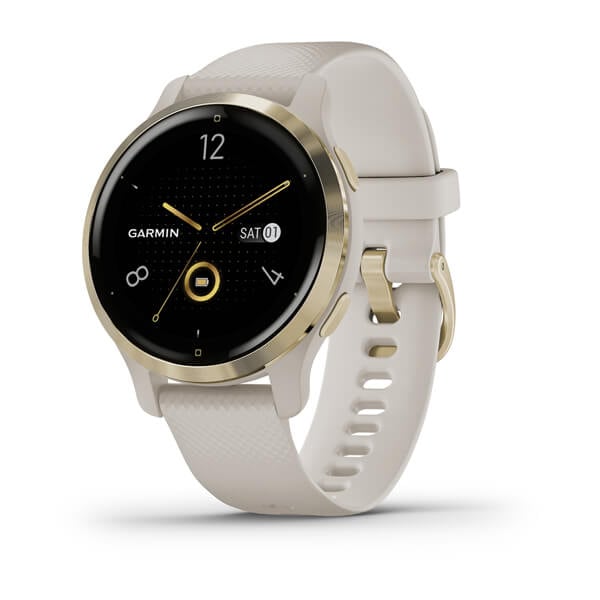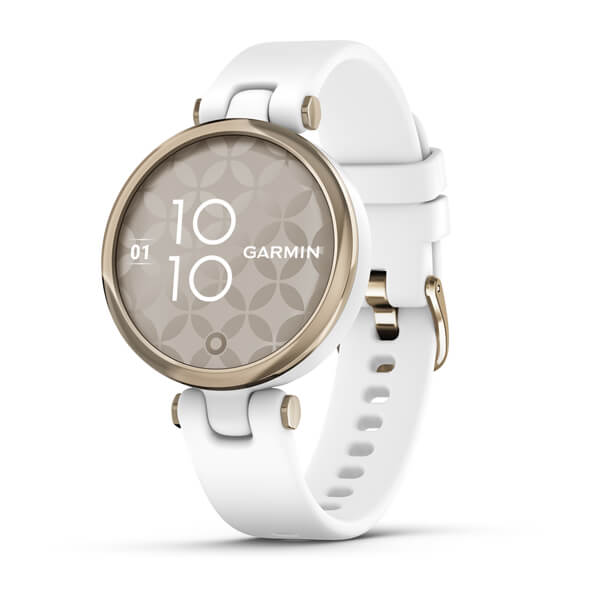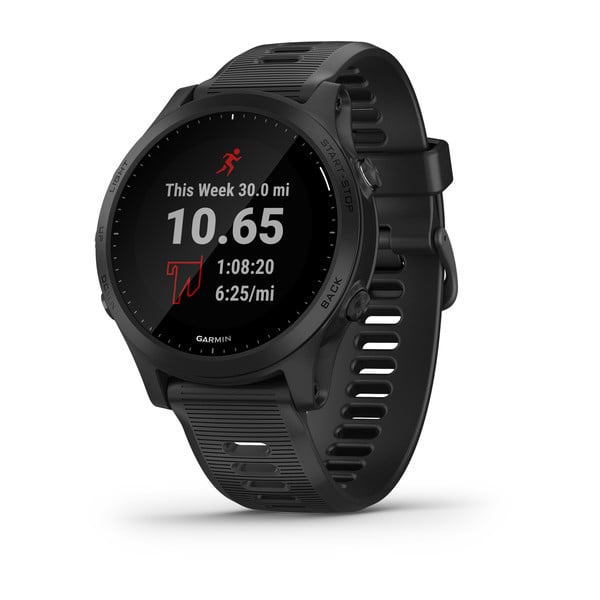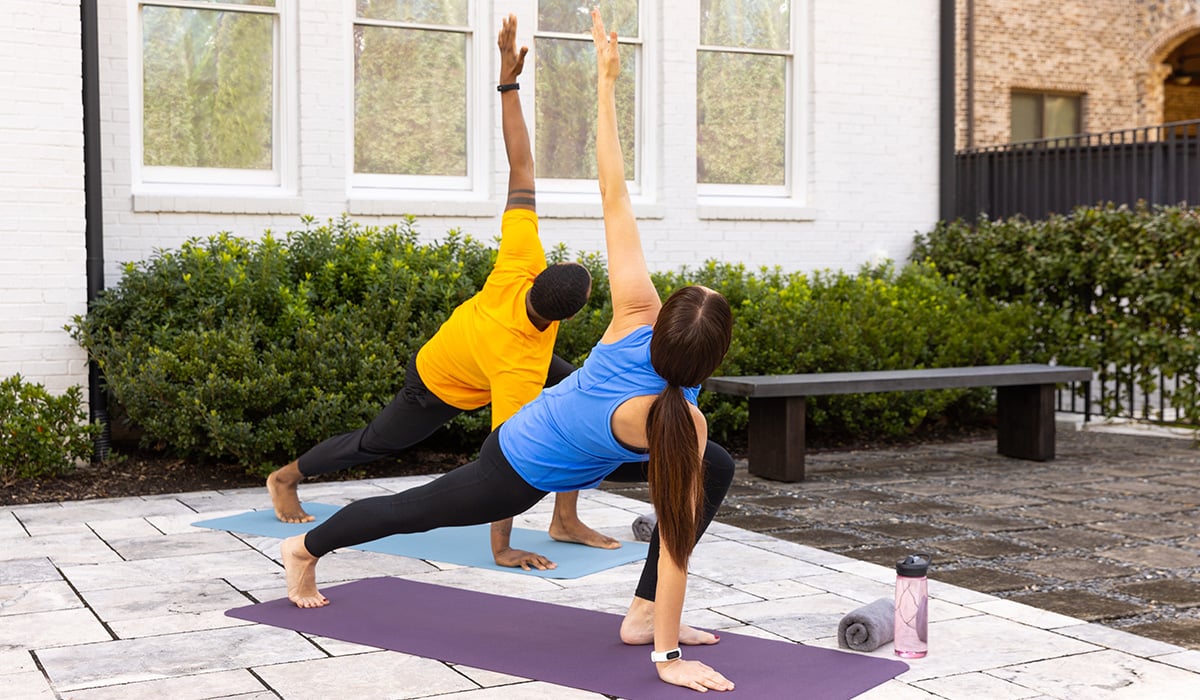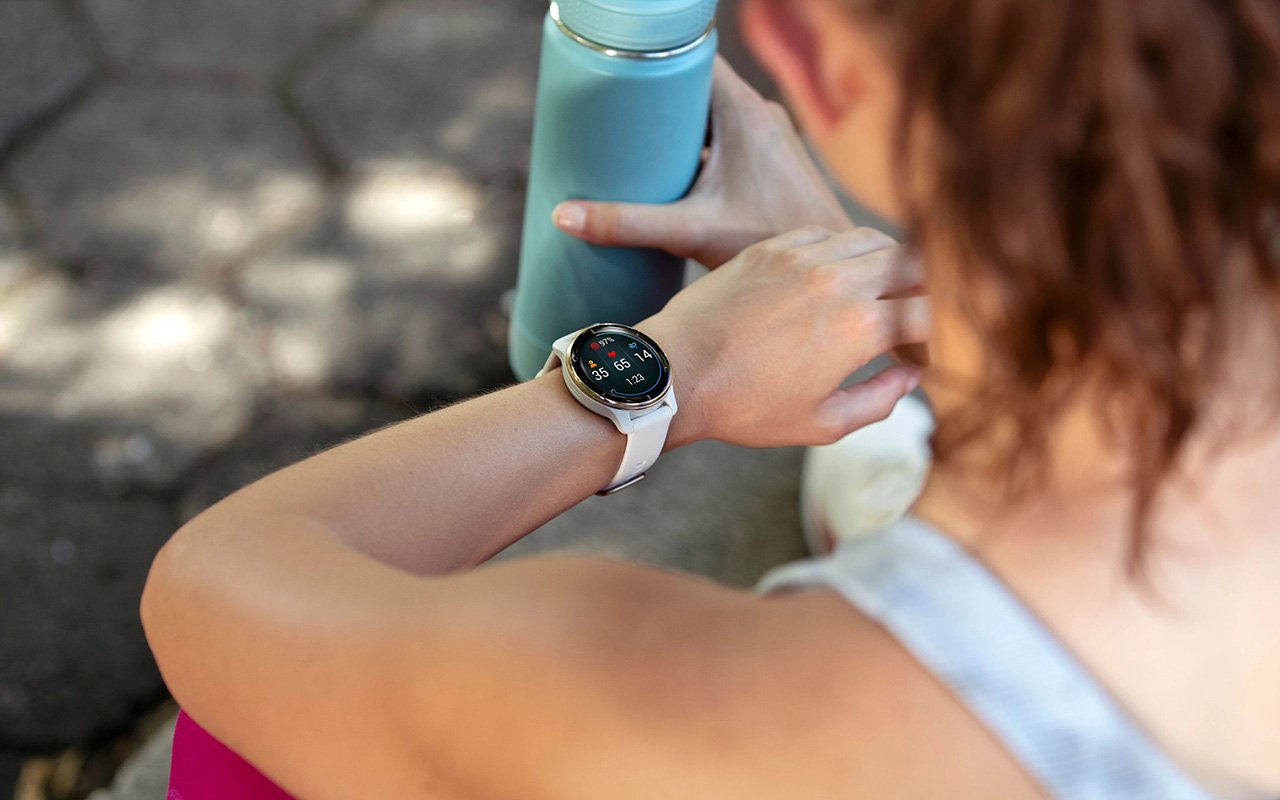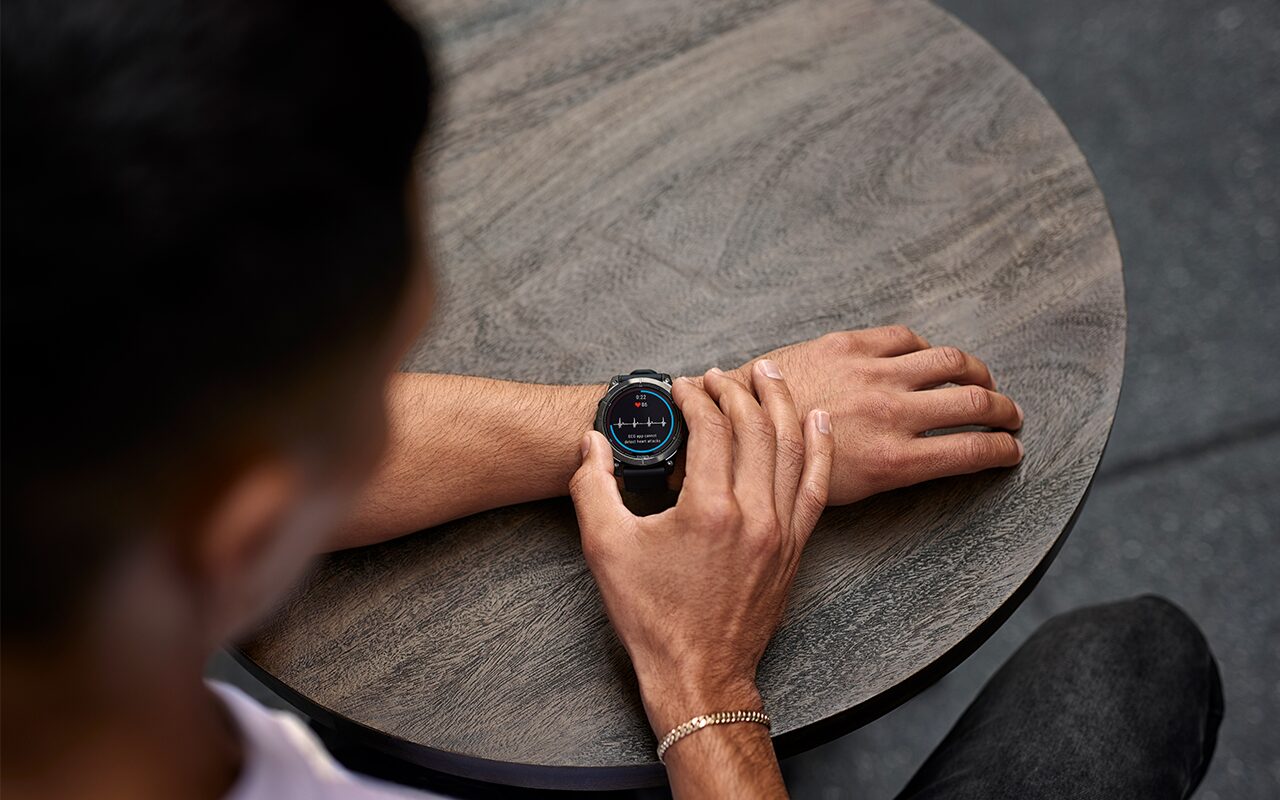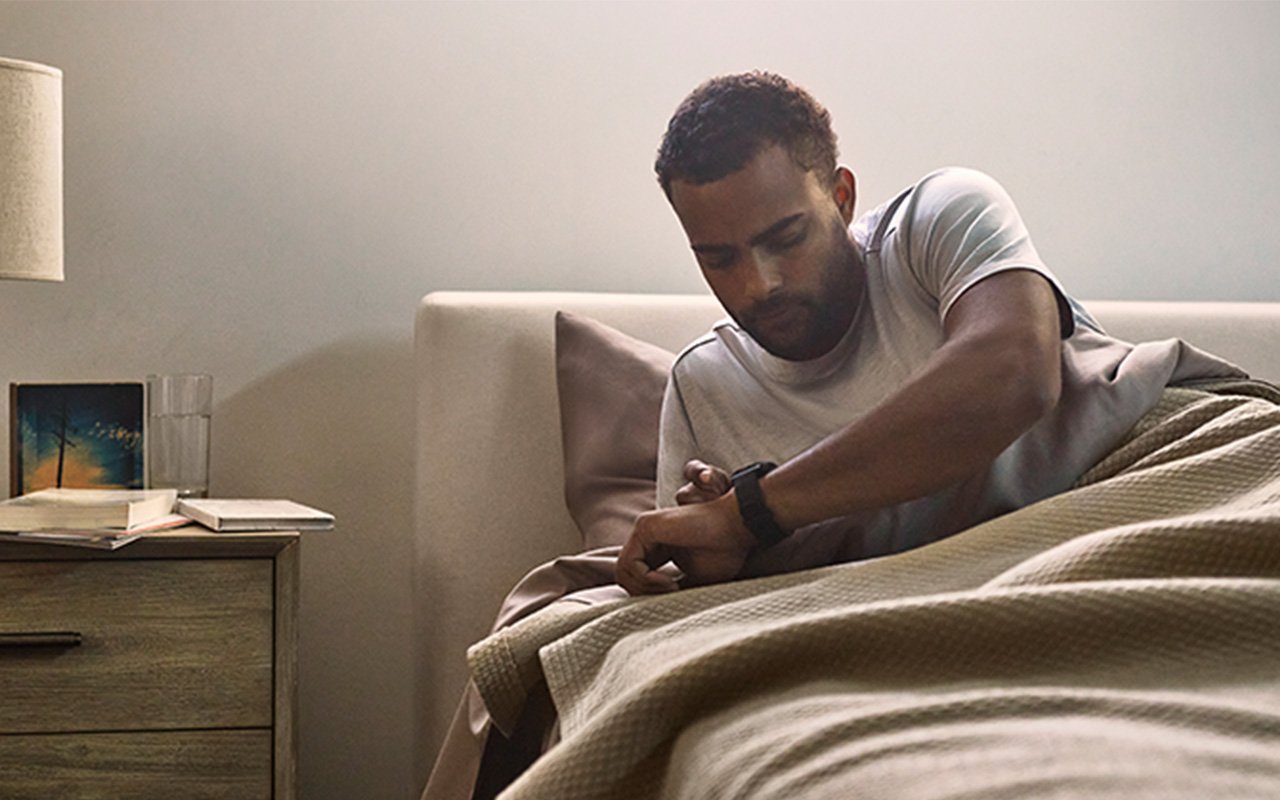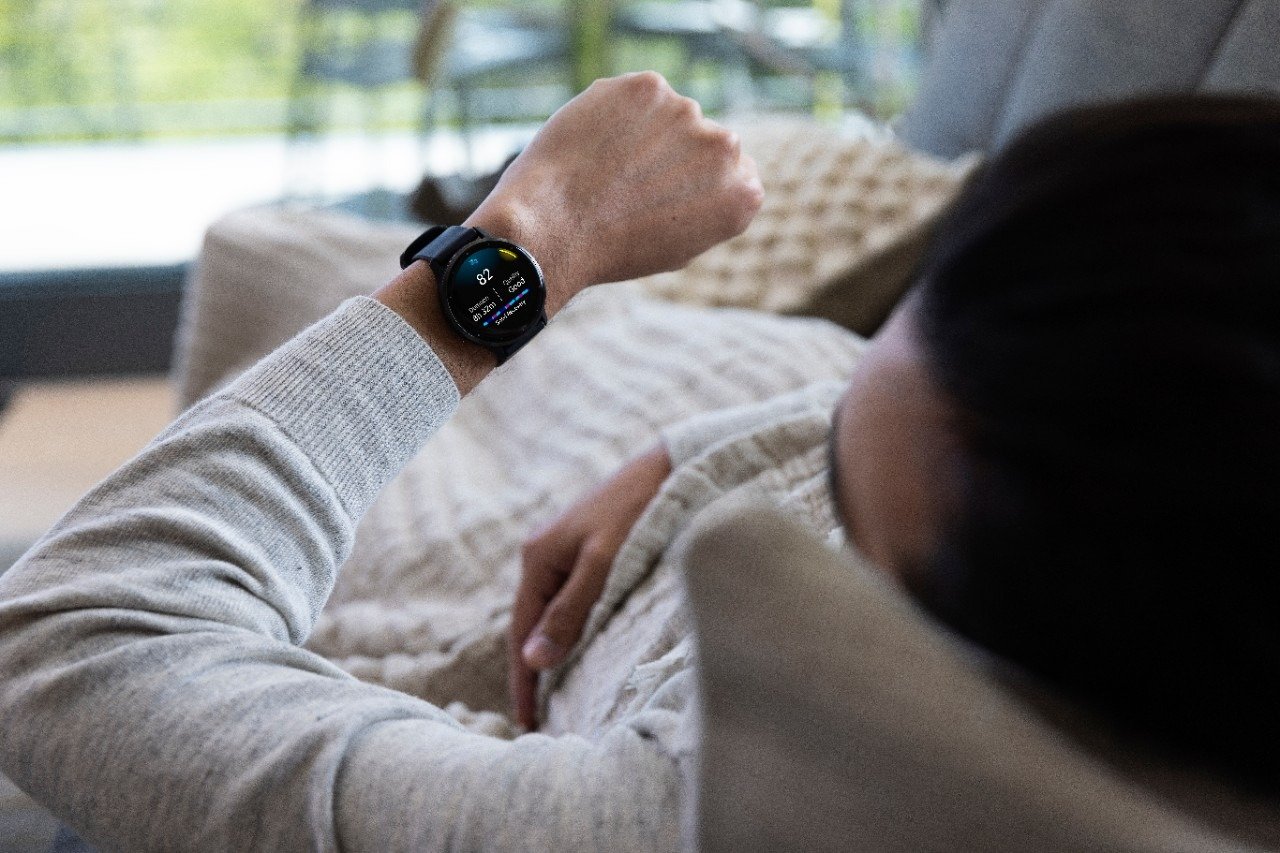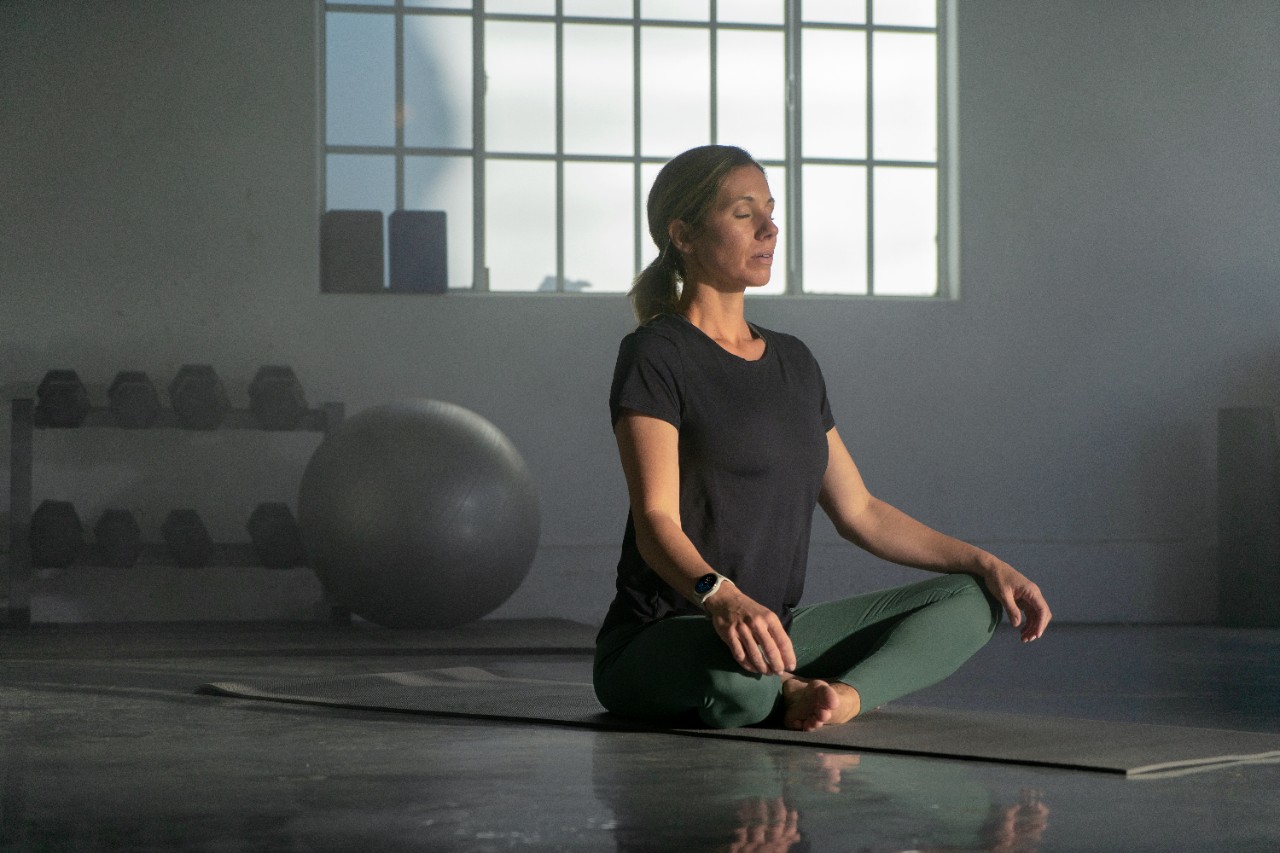
Garmin Ambassadors Celebrate Mental Health Awareness Month
Millions of people regularly struggle with mental illness — and the stigma that can sometimes accompany it. It’s why the theme of this year’s Mental Health Awareness Month, “You Are Not Alone,” is such a crucial message. The more we talk about mental health, and the more we share our own stories, the less alienating that struggle will be.
To that end, Garmin invited social media ambassadors to take to Instagram to share their own individual relationships to mental health — and boy did they deliver. From personal stories about prenatal/postnatal anxiety to tips and tricks for self-care, the following shared experiences serve as a powerful reminder that, truly, you’re not alone.
Kirsten Myers @sweatadventures
Like so many others, my mental health struggles start with anxiety. I’ve dealt with anxiety since a very young age, and now in my 30s, it is still something I deal with on a weekly basis. Over time I’ve found that in sharing my personal challenges with others, I am not alone! Opening up is hard, but sometimes sharing is the first step to coping. You never know when you might help someone else or someone else might help you.
For me mental and physical health go hand in hand. I view exercise and movement as medicine for the soul. Like some prescriptions, it should be tailored to your individual needs. It isn’t one-size-fits-all. I personally focus on what makes me feel good and do more of what makes me feel good when I can. Sometimes that’s a workout class at my favorite gym, while other times, it might just be being out in nature with my family. When I make movement and breath a priority, my life feels more in flow and less chaotic. As a result, I feel less anxious and less irritable.
Over the years, truly tuning into my body has helped me find ways to make anxiety more tolerable. In doing that, I was able to avoid triggers and make lifestyle changes that ultimately gave me a more positive vibration!
Christina Wherry @thickgirlyogala
I began writing/journaling to release recurring thoughts that kept me awake most nights. I shared my heart, mind and soul as every word was penciled into my journal — the details of my inner self while trying to empower my outer self. I would intimately share what I had been through, what I am going through and the lessons learned during each period. I’ve used writing to stay present and focused on healing from the inside out.
Talicia Jackson @foodiewithafro
I was raised in a Southern home and grew up Baptist. In church we would shout and praise for everything. Bad day? Shout. Lost your job? Shout. Getting divorced? Shout and dance. I even recall seeing people shouting and dancing at a funeral; I was so confused. In my mind, to be a “good Christian” also meant to be sad, mad or anything that wasn’t happy wasn’t permitted.
Thankfully, I have been able to evolve my understanding. I have been to therapy, both in and out of church, and now more accurately appreciate the coping methods my childhood showcased.
Most people can run the gambit of emotions in a day or week; processing emotions fully is an important and integral piece to a person’s mental health. I am now aware that I can be a good person and also feel anger or sadness. I’ve learned to feel my emotions fully and process them in a more complete way. In my case, it took therapy and a willingness to see things in an updated way.
In my community, many people have a way of thinking that at times can be more crippling than empowering. Black people and mental health are hardly ever spoken about in the same phrase or sentence. If I were to guess, I’d say it’s due to the stigmas that are attached to seeking a professional for an internal concern. My hope is that as overall health becomes something that all people are more focused on, that assistance for internal concerns becomes more sought after and available as well.
Tiffany Leonardo @curl.crush.yoga
Mental health took on real meaning in my life when I experienced burnout. It happened at a time where I was doing yoga 5-6 times a week, working 11-hour days at my corporate job and teaching 1-3 yoga classes a week. Admitting I was a stressed-out yoga teacher was a harsh reality that I had face. My body’s experience with burnout was a frozen shoulder and shooting pain in my neck. For the simplest of activities, like washing my hair, I had to ask for help.
When my body became immobile, I decided I needed to make a change. I shifted from “doing” yoga to “being” yoga by incorporating the yogic philosophies and inspirational themes on self-care into my lifestyle. Taking those practices off the mat was when I really started receiving the true benefits of yoga! Fast forward 4 years and today I’m much more mindful of my self-care BUT still a student, always staying curious about new practices to keep present, like taking a breath with my Garmin Venu® 2.
Brooke Leavitt @happyhealthybrookie
Mental health is something I’m incredibly passionate about. So much so that I decided to go to grad school so I can be a therapist and help others transform their own mental health; so they can push through their challenges, take control of their lives and reach every goal they ever dreamed of. Struggles with mental health shouldn’t be something we are ever ashamed of. I will keep being an advocate to continue to help break the stigma.
In my own life, my mental and physical health have a close relationship. When I make movement and exercise a priority in my life, my entire attitude and perspective is so much more positive, resilient and patient. But sometimes my mental health calls me to take a break from demanding physical activity and take a nap or go for a walk. In tandem with exercise, implementing moments of daily stillness has been integral to my mental health — whether that be meditation, journaling or just sitting outside in my yard under the tree.
Throughout my pregnancy, I dealt with prenatal anxiety and after the birth of my daughter, I experienced a lot of postpartum anxiety for the first few months. I constantly had feelings of dread, stress, racing thoughts and an elevated heart rate. Only recently have I felt like I’m finally coming out of it and feeling more like myself. I was able to recognize I couldn’t do it alone and needed help, so I reached out to loved ones around me for support and also underwent some personal therapy. I found that in sharing my challenges with other moms, I realized how common my own experiences were and that I wasn’t alone.
Mental Health Awareness Month may be over, but that doesn’t mean the conversation has to stop — or that it should. Interested in sharing your own tips and tricks for prioritizing your mental health? We can’t wait to hear it — and don’t forget to tag us @GarminWellness.
